Urban Farming and Problem with Making the Perfect the Enemy of the Good
Though fruit gleaning can trace it origins to the Bible and beyond, the practice is becoming increasingly important as a means of supplementing food transfer programs which often lack stable access to fresh fruits and vegetables, particularly as the food security discourse has begun to incorporate understandings of cultural appropriateness, quality and healthfulness above sheer quantity of calories. Depending on the nature of the harvest (i.e. size and ripeness), the fruits and vegetables can be taken to a range of charities ranging from food pantries to crisis shelters to soup kitchens, so the supply can find its appropriate demand.
Though the new orthodoxy defining the development discourse (Strirrat & Henkel) can be found guiding the missions of organizations which glean fruit or plant orchards for the hungry, oftentimes the simplicity of an existing supply and an urgency of demand denies room for rhetoric. Though, it is important to note that (at least in the case of California) areas which hold the supply tend to be the wealthier suburban counterparts to the deprived inner cities. There are reasons for the expression of such spatial inequalities, just as there are explanations for why food cultivated in urban centers must go through greater lengths to ensure similarities in healthfulness.
But: without denying the existence of and perpetuation of structural inequalities expressed along gender, racial, and class lines; without denying the surreptitiousness of the new orthodoxy; and without conceding to any of foolish logic of neoliberalism wherein supply and demand are magically, nay divinely, equalized, I cannot find a reason to fault this practice of exchange sufficiently convincing to bring me to abandon it.
Assessing my own positionality in relation to the work I do, I’ll admit my background is heavily biased in favor of the world of fruit gleaners. But, more importantly, it’s only while I’m here and my job is to be locked thinking in this ivory tower that I have the luxury of such intensified scrutiny and critique. When out working with immediate and debilitating hunger it’s incredibly difficult to justify lines of thought that make the perfect the enemy of the good. Though the world of environmental certification or calls for sustainable intensification respectively deserve lesser degrees leniency, in this case the only obligation binding giver and receiver is the need to make use of what would have become rotten waste.

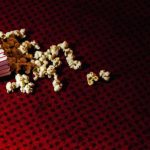
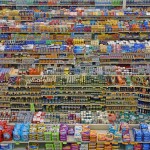

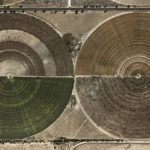
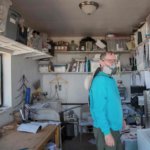
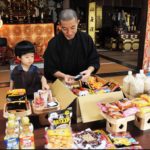
The film about gleaning that I mentioned this morning is called Les Glaneurs et La Glaneuse. It was made by Agnes Varda in 2000.
You can watch the whole film online at http://vimeo.com/37089032
Inge